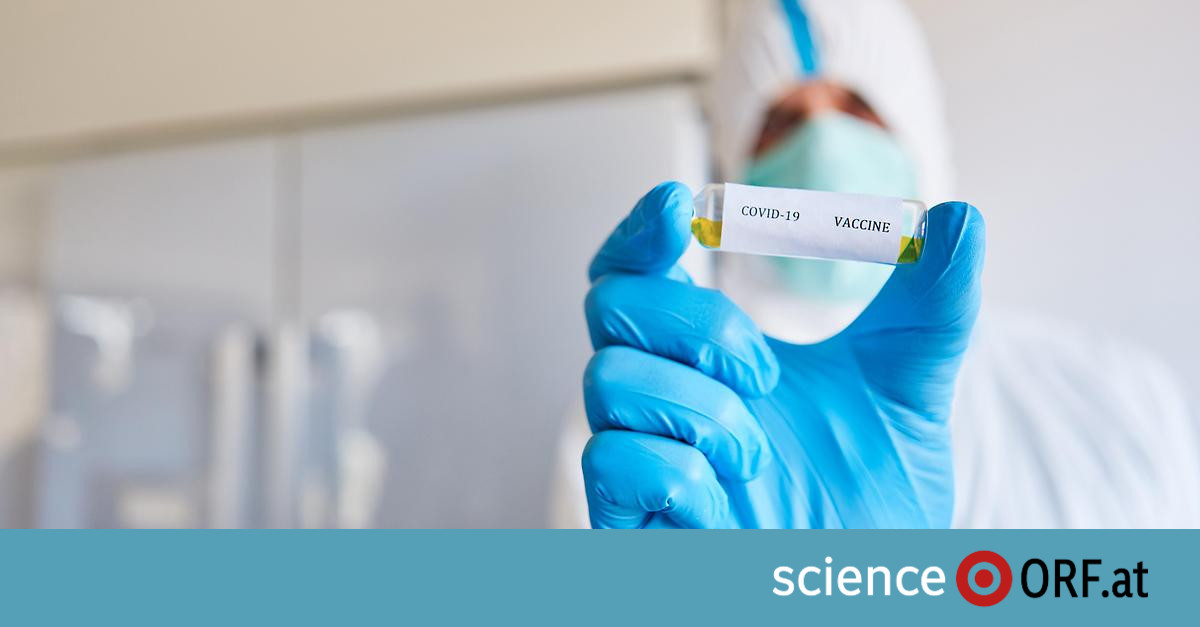
[ad_1]
No serious side effects have been reported, according to one broadcast. Biontech and pharmaceutical giant Pfizer are expected to apply for approval from the US FDA starting next week. The independent experts were impressed. “To be honest, this is the best news I have received since January 10,” said Austrian virologist Florian Krammer of the Icahn School of Medicine in New York.
Final results early December
The BNT162b2 vaccine had been developed by Biontech in the “Lightspeed” project since mid-January. The phase 3 study, crucial for its approval, began in several countries in late July. More than 43,500 people have received at least one of the two vaccines, which are administered every three weeks. According to the manufacturer, protection by vaccination is achieved one week after the second injection.
Preliminary results are based on 94 of the 43,500 study participants who became infected. Biontech and Pfizer did not break down exactly how many of the patients received the vaccine. According to the effectiveness rate, however, eight or fewer of the 94 cases of disease must have been registered in the group with vaccinated participants and the rest in the control group that received a placebo. To confirm the effectiveness rate, the study will continue until there are a total of 164 cases of Covid-19 among the participants. Given the recent spike in infection rates in the U.S., that number could be reached as early as December, said Bill Gruber, one of Pfizer’s top vaccine researchers.
Still no scientific publication
Infectiologist Gerd Fätkenheuer from the Cologne University Hospital spoke of “great and promising data”. “I think that will have a decisive influence on how we deal with the pandemic, and I hope that large quantities of the vaccine will be available quickly.” However, experts also note that the data initially only comes from a press release and not from a scientific publication. For example, data on the protective effect in certain age groups were lacking.
An expedited approval process is applied to the coronavirus vaccine due to its particular urgency. Manufacturers of pharmaceutical products can submit individual reports on the quality, safety and efficacy of a preparation to the European Medicines Agency (EMA) even before the full application for approval. In addition to Biontech, the British-Swedish company Astrazeneca started a continuous review process for its candidate vaccine some time ago. Astrazeneca has not released any Phase III data yet. Nothing can be said about the schedule, a spokeswoman said Monday.
RNA vaccine
The Biontech preparation is a so-called RNA vaccine. It contains genetic information about the pathogen, from which the body produces a viral protein, in this case the surface protein that the virus uses to enter cells. The goal of vaccination is to stimulate the body to produce antibodies against this protein to intercept viruses before they enter cells and multiply.
Biontech and Pfizer hope to be able to provide up to 50 million doses of vaccines worldwide this year, and next year they expect up to 1.3 billion doses.
Countries like Russia, China and recently Bahrain have already launched vaccines with restrictions and are already vaccinating parts of the population with them. But how well these vaccines actually protect and what side effects they can have is currently largely open.